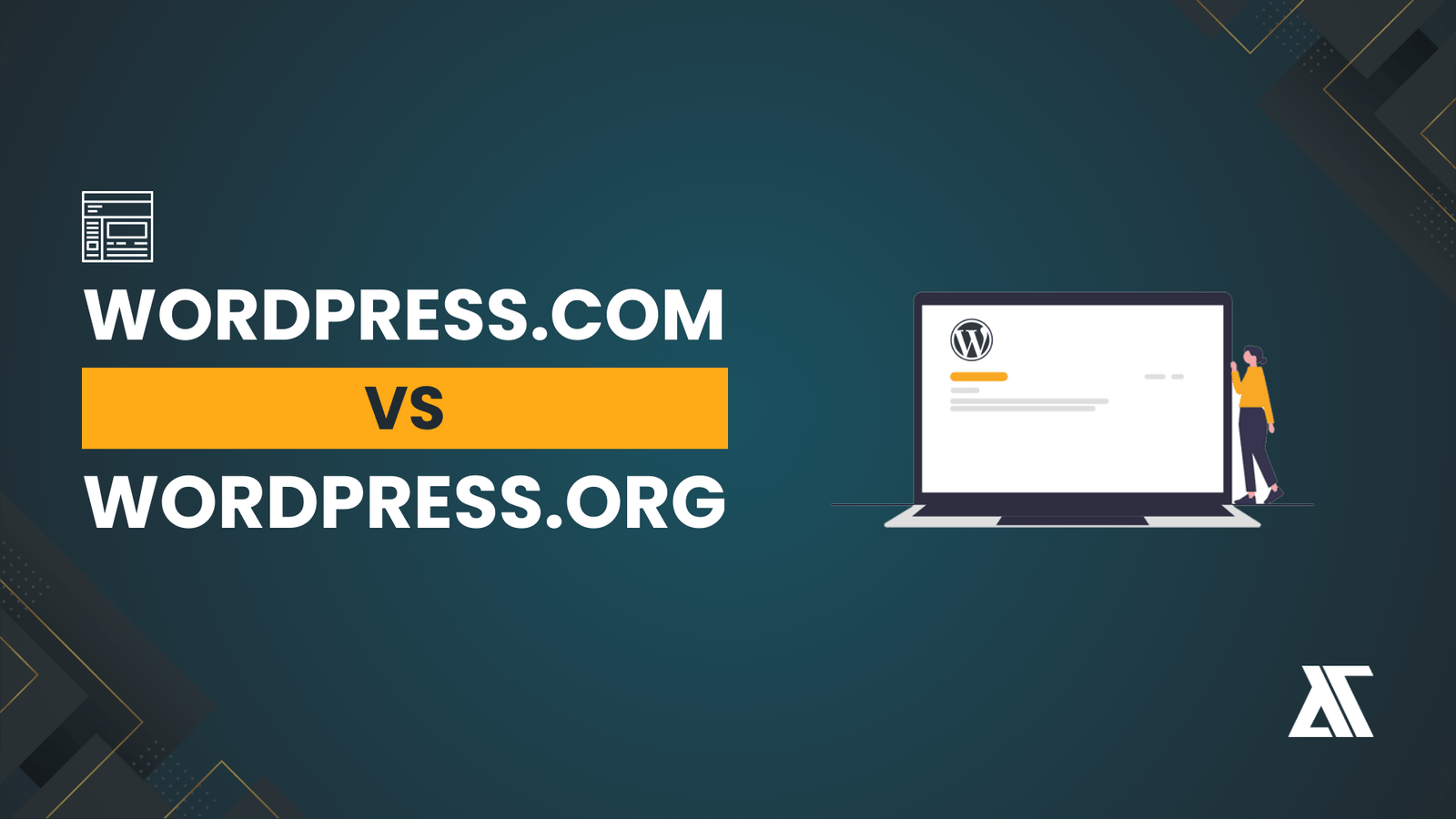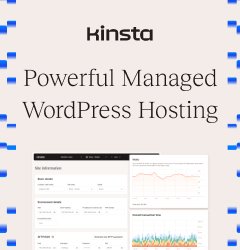WordPress is frequently chosen as the platform of choice for website development because of its adaptability, user-friendly design, and robust capabilities. But novices soon learn that they must choose between WordPress.com and WordPress.org. These two platforms, albeit having the same name, provide distinct experiences that meet varying needs and skill levels. Let’s examine the distinctions, benefits, and downsides of each to assist you in selecting the best option for your website.
WordPress.com: Simplicity and Convenience
Since WordPress.com is a hosted version of the software, WordPress’s servers host your website. All the technical aspects are taken care of by one comprehensive solution, freeing you up to concentrate on content creation.
Advantages:
- Ease of Use: Perfect for beginners, WordPress.com doesn’t require any technical know-how. You can start building your site right away with minimal setup.
- Maintenance-Free: All updates, backups, and security measures are handled by WordPress.com, eliminating the need for you to manage these aspects.
- Free Plan Available: For those just starting, a free plan with basic features is available, making it a cost-effective way to get online.
Disadvantages:
- Limited Customization: The free and lower-tier plans restrict access to themes and plugins, limiting the functionality and customization options of your site.
- Advertisements: On free plans, WordPress.com displays ads on your site. To remove these ads, you’ll need to upgrade to a paid plan.
- Domain Restrictions: Free plans come with a WordPress.com subdomain (e.g., yoursite.wordpress.com). Custom domains are only available with paid plans.
WordPress.org: Power and Flexibility
WordPress.org, commonly known as self-hosted WordPress, is the software that can be downloaded and installed on your personal web server. This choice provides full autonomy over your website, although it does necessitate a higher level of technical expertise.
Advantages:
- Full Customization: With access to over 50,000 plugins and thousands of themes, you can customize every aspect of your website to meet your specific needs.
- Monetization Freedom: You have full control over how you monetize your site, including running ads, selling products, or offering memberships.
- SEO Control: Advanced SEO tools and plugins give you greater control over your site’s search engine optimization, potentially improving your site’s visibility and traffic.
Disadvantages:
- Technical Requirements: Setting up and maintaining a WordPress.org site requires some technical skills, including knowledge of hosting, domain registration, and site maintenance.
- Costs: While the software itself is free, you’ll need to pay for hosting, domain registration, and potentially premium themes and plugins.
- Maintenance Responsibility: You are responsible for updates, backups, and security, which can be time-consuming and complex without the right knowledge or tools.
Key Considerations
When choosing between WordPress.org and WordPress.com, the following considerations should be made:
- Technical Skill Level: WordPress.com might be a better choice if you are a novice or would prefer not to deal with technical matters. However, WordPress.org offers unparalleled flexibility if you are tech-savvy or willing to learn.
- Budget: Because WordPress.com offers free and inexpensive plans, it may be a more economical option for small, personal websites. In contrast to WordPress.org, the expenses can be greater if you intend to grow and need premium features.
- Future Goals: Think about your ultimate website objectives. WordPress.org is the best option if you need a lot of customization, sophisticated features, or particular monetization choices.
Conclusion
WordPress.org and WordPress.com both have advantages and can meet varying needs and skill levels. WordPress.org is the best option for people who want complete control and customization options, while WordPress.com is best for people who want a hassle-free, maintenance-free solution.
In the end, the decision is based on your individual requirements, objectives, and degree of technical comfort. You can make an informed choice that will position you for success in your online pursuits by being aware of the differences and assessing your needs.


